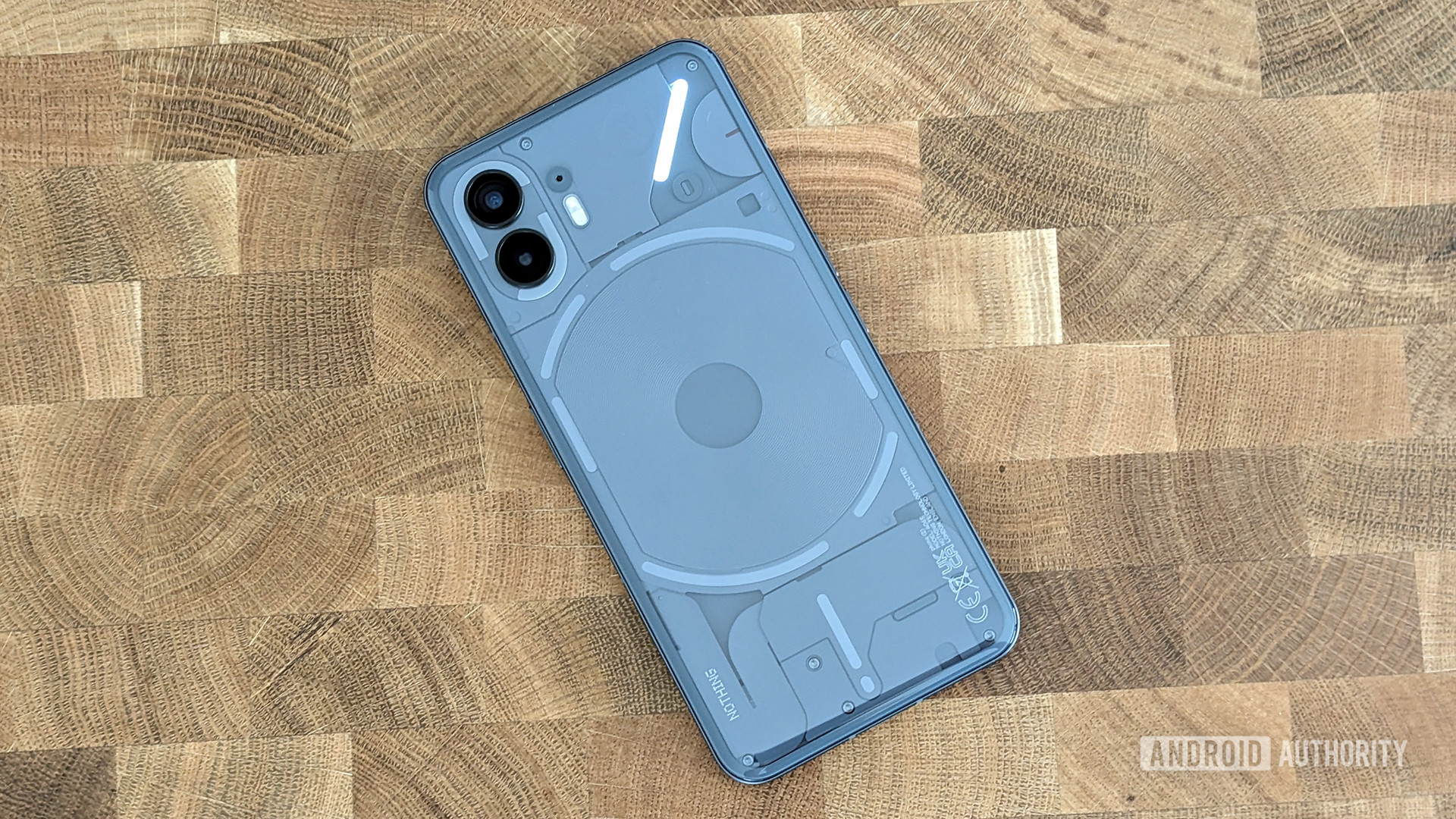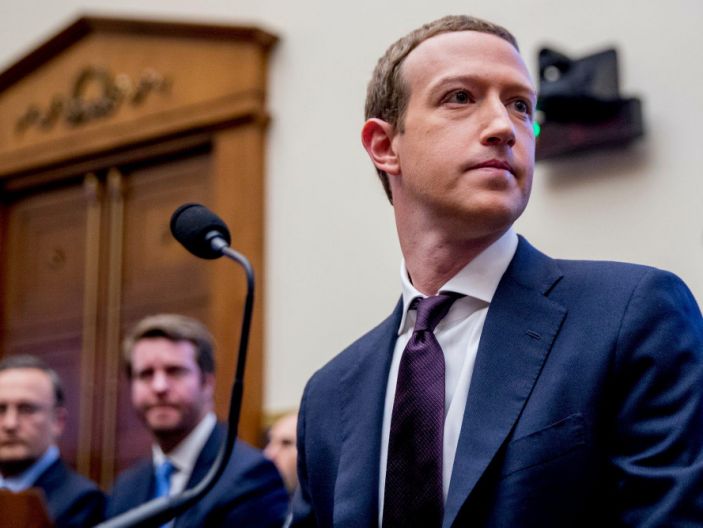The internet ‘wasn’t designed to be secure’: Gilbane CIO
Cybersecurity incidents are on the rise, and contractors need to be prepared.
Karen Higgins-Carter, the chief information and digital officer for Providence, Rhode Island-based Gilbane Building Co., brings a wealth of experience from previous roles protecting the banking and financial services industries from cyber criminals. She warns that the internet wasn’t originally built to be secure, and that the onus is on contractors to make sure they’re up to snuff on today’s security demands.
Here, Higgins-Carter spoke with Construction Dive about where the biggest threats come from, how Gilbane keeps its employees up to date and what the industry can do to protect itself.
Editor’s Note: This interview has been edited for brevity and clarity.
CONSTRUCTION DIVE: What’s the state of cybersecurity in the construction industry?
KAREN HIGGINS-CARTER: I’ll start with my view on cybersecurity in general. I think it’s important to understand two things. First, the internet was not designed to be secure. It was designed to be open. Second, we are going to continue to see a volume of attacks coming from countries that are effectively safe harbor for this type of activity.

Karen Higgins-Carter
Permission granted by Gilbane Building Co.
Because of that environment, we’re seeing the regulatory response. SEC disclosure requirements being first and foremost, that were implemented in December.
What I find is the need to adjust and connect with our people based upon their current level of awareness. There’s a predictable cycle of bringing our people from a position of not really being aware of the threats to feeling invested in protecting the company and being on board with that mission.
How do you get everyone to an optimal level of comfort with cybersecurity when their experiences differ?
One of the things that we have implemented in building, in terms of our innovation practices, is responsible innovation. That it’s important to take risks in order to grow.
There is no risk-free path to achieving your strategic objectives.
Where that’s important in innovation is understanding, how does this innovation support our…




